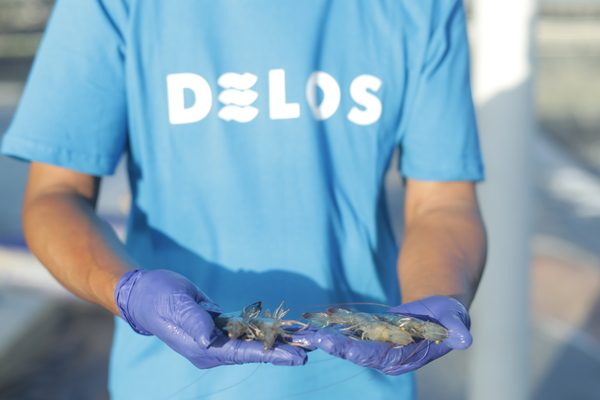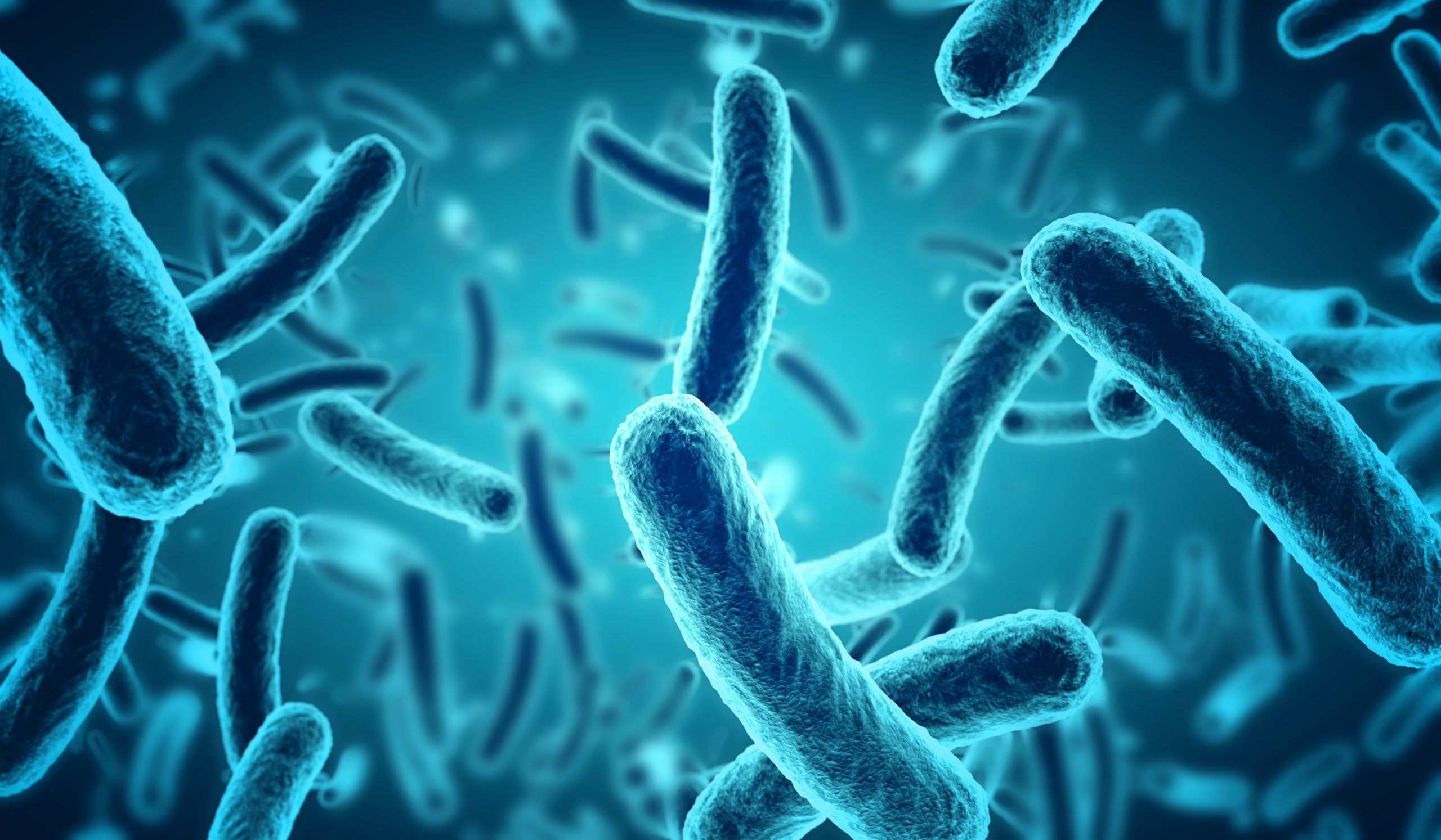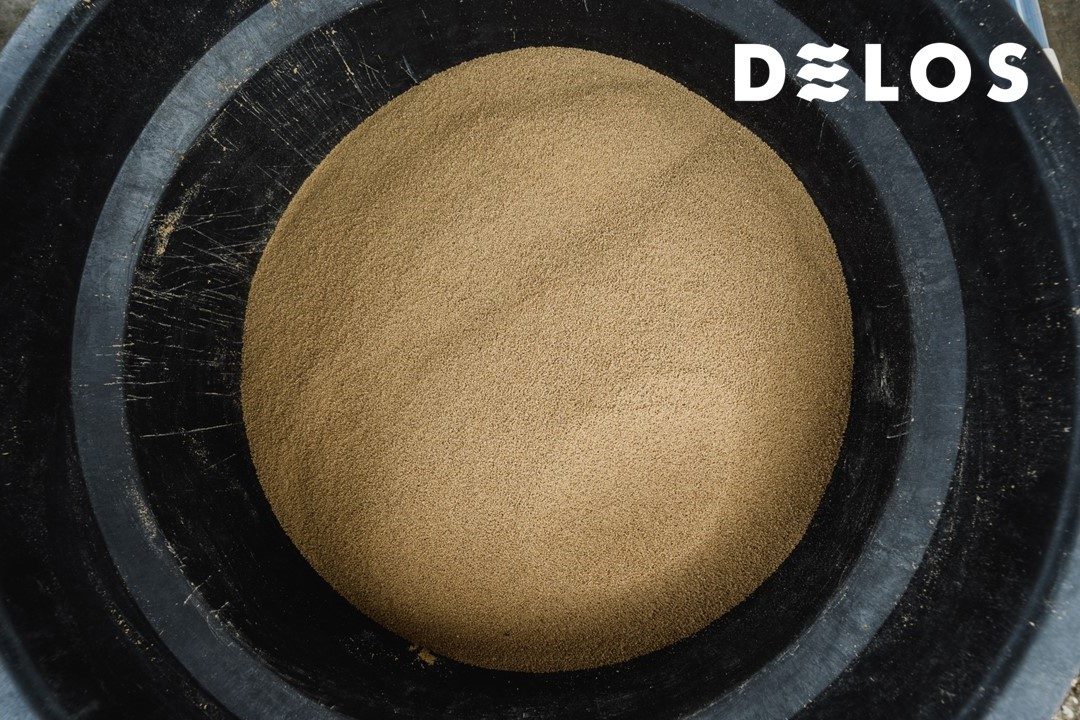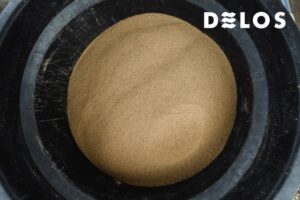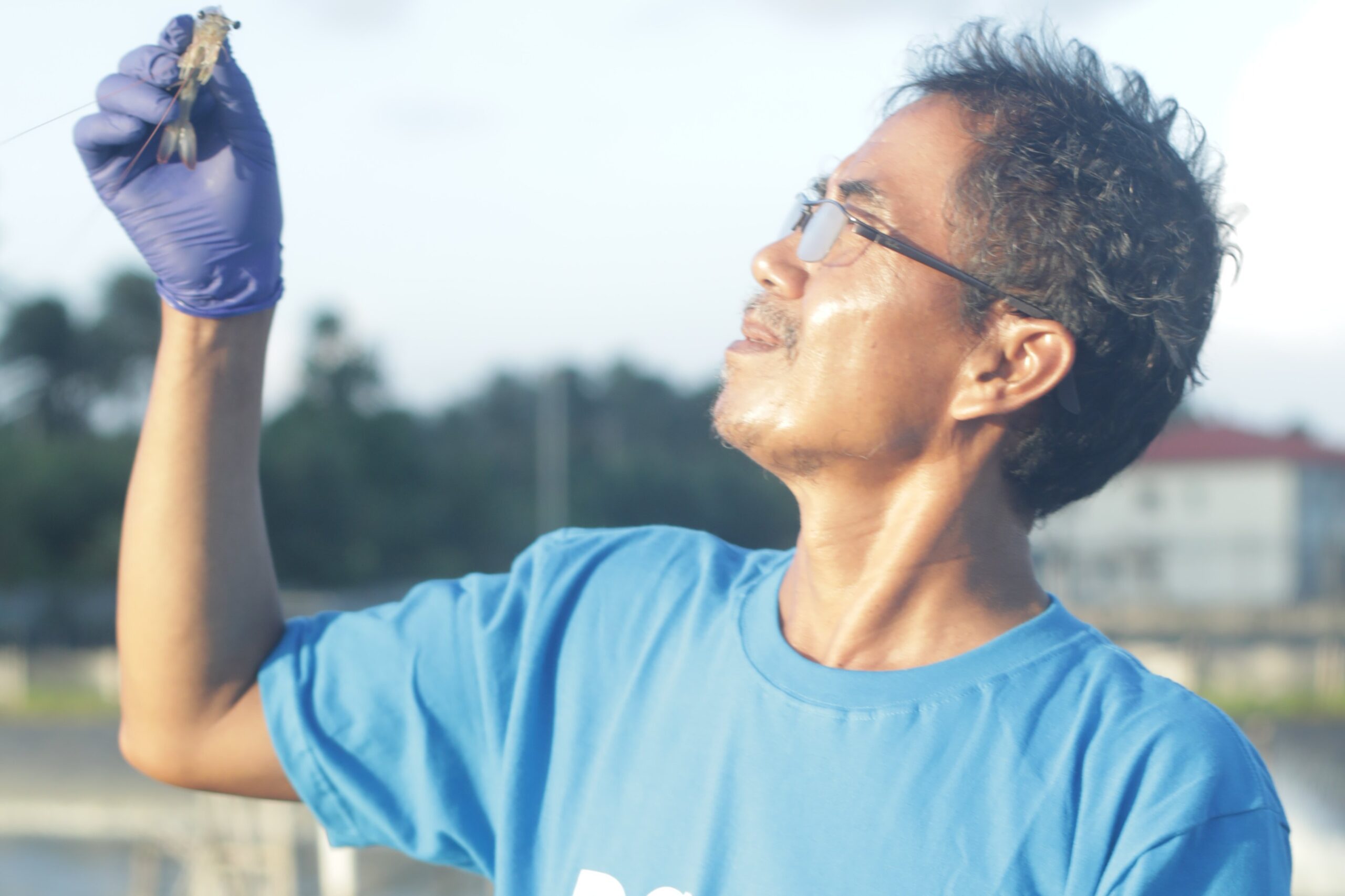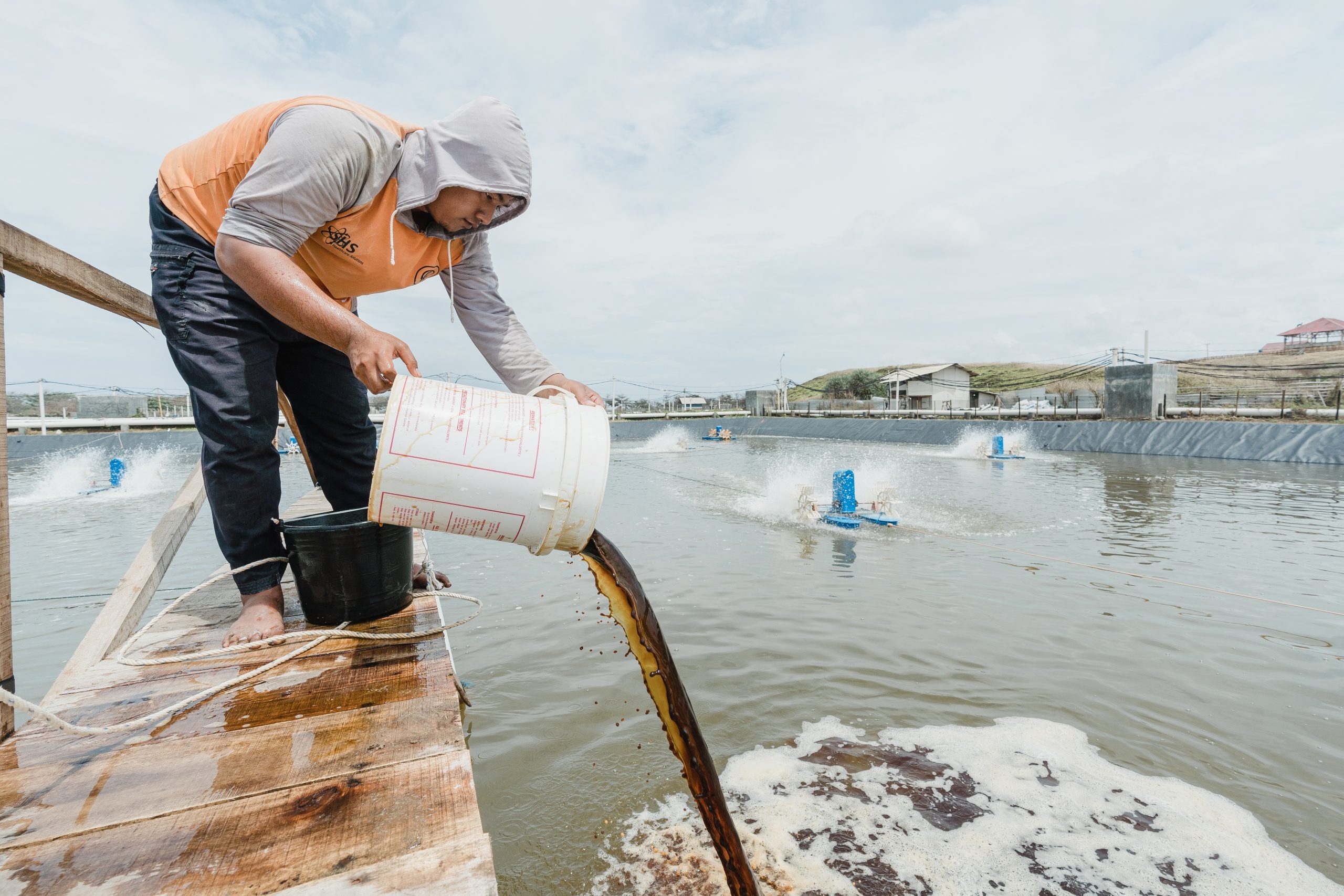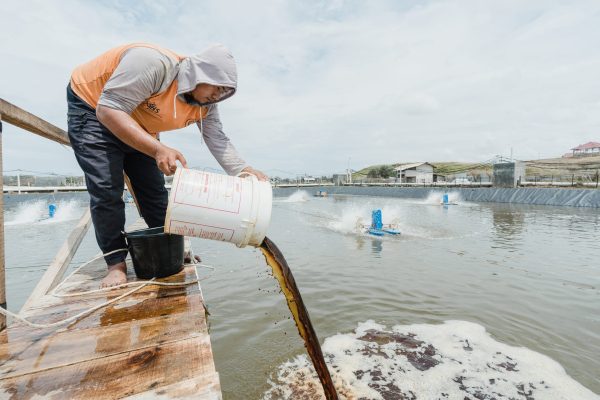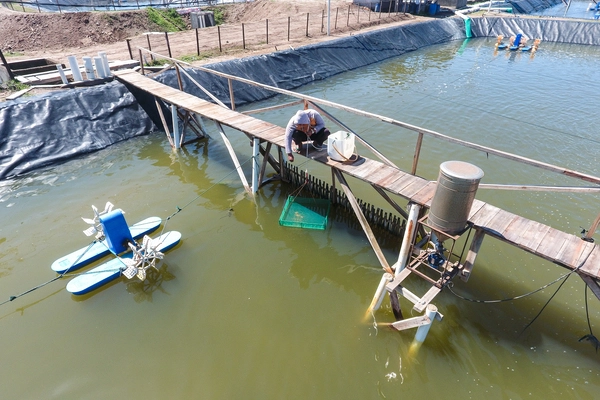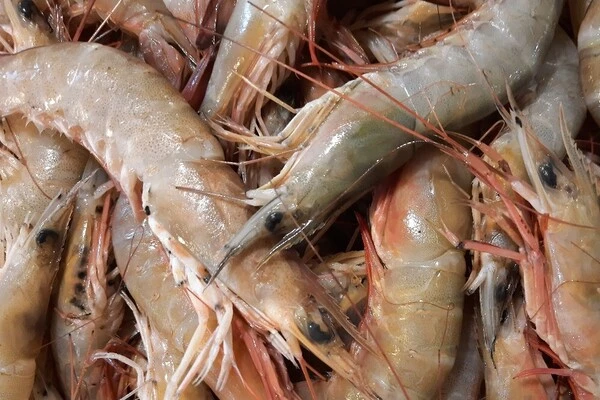Enhancing Shrimp Farming: The Role of Synbiotics in Boosting Health, Growth, and Disease Resistance in Litopenaeus vannamei
The Pacific white shrimp (Litopenaeus vannamei) is a dominant force in the aquaculture industry, accounting for a substantial 52.9% of global production. Nonetheless, shrimp farms face significant challenges due to diseases caused by various microorganisms. Given the current disease threats, it is crucial to prioritize and implement effective disease management strategies in order to maintain the long-term viability and financial success of shrimp farming operations.
A highly intriguing solution that has captured significant attention is the incorporation of synbiotics as feed additives. Combining probiotics and prebiotics into synbiotics provides a wide array of advantages that go beyond what probiotics or prebiotics can offer individually. Prebiotics are essential for optimizing the success of these treatments as they support the survival and colonization of probiotics in the shrimp’s gut, thereby maximizing their overall effectiveness. This symbiotic connection contributes to the maintenance of a balanced and thriving intestinal ecosystem, which plays a crucial role in promoting shrimp’s overall health.
Extensive research has shown that certain bacteria can have a positive effect on shrimp growth, as well as help prevent the spread of harmful microorganisms and maintain a stable intestinal environment. Both controlled experiments and real-life situations consistently observe these beneficial outcomes. Prebiotics play a crucial role in maintaining a healthy gut microbiome in shrimp, promoting the growth of beneficial bacteria, and suppressing harmful bacteria. This balance is critical for the shrimp’s overall health.
Integrating synbiotics into shrimp diets can result in better growth performance, improved feed utilization, enhanced disease resistance, increased nutrient digestibility, and a boosted immune system. Research has indicated that the inclusion of synbiotics in dietary supplements can have a positive impact on the growth, intestinal health, and immune response of shrimp. These discoveries indicate that synbiotics could greatly transform the shrimp farming industry by enhancing overall health and disease resistance, making them a valuable asset to contemporary aquaculture methods.
Article by Estuningdyah Prabawati – Researcher at DELOS




